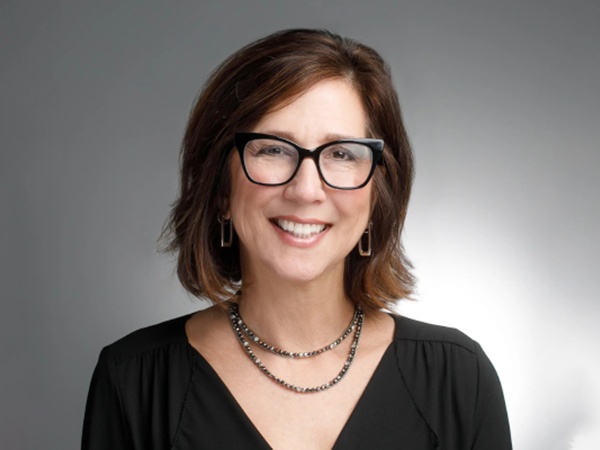

Source: Yale Cancer Center
Two decades after uncovering the role of EGFR mutations in lung cancer, scientists are still grappling with lingering research questions.
Speakers at the Lung Cancer SPORE Workshop’s tribute session on the present landscape of EGFR-driven lung cancer discussed potential ways to prevent or overcome resistance to EGFR inhibitors, how long patients should be on them, and how to increase access to treatment.
Suresh Ramalingam of Winship Cancer Institute spoke about the phase III LAURA trial exploring an indefinite course of osimertinib (The Cancer Letter, June 7, 2024), and Robert Winn of VCU Massey Comprehensive Cancer Center shared the podium with Rev. Tyron Williams, pastor at a church in the Northern Neck region of Virginia, to discuss the importance of working closely with communities underrepresented in clinical trials.
The workshop, hosted by Yale Cancer Center and Smilow Cancer Hospital June 12-13, was held in commemoration of the 20th anniversary of the discovery of EGFR in lung cancer, which launched the era of personalized medicine in advanced non-small cell lung cancer, leading to a dramatic shift in treatment outcomes.
Chaired by Roy S. Herbst, Ensign Professor of Medicine (Medical Oncology) and professor of pharmacology, deputy director, Yale Cancer Center, and chief of medical oncology at Yale Cancer Center and Smilow Cancer Hospital, and Katerina Politi, Joseph A. and Lucille K. Madri Professor of Pathology at Yale Cancer Center, the workshop included presentations from featured speakers, panel discussions, and posters sessions.
A recording of this tribute session on “The Present” is now available on the Cancer History Project.
The Lung Cancer SPORE Workshop’s tribute session on the early days of EGFR is also available, along with a guest editorial by Yale’s Politi and Herbst.
Watch the EGFR tribute session on the present on the Cancer History Project:


VIDEO: NCI Annual Lung Cancer SPORE Workshop 2024: EGFR – Present
By Yale Cancer Center, July 12, 2024
In a session chaired by Sarah Goldberg, MD, MPH, associate professor of medicine (medical oncology) at Yale Cancer Center, panelists and speakers focused on health disparities, the importance of early detection and screening, the role of immuno-oncology, and featured patient and community advocates who shared their experiences.
Speakers included:
- Pasi Jänne, MD, PhD, Professor of Medicine, Harvard Medical School,
- Suresh Ramalingam, MD, Executive Director, Winship Cancer Institute of Emory University; Associate Vice President for Cancer, Woodruff Health Sciences Center,
- Helena Yu, MD, Associate Attending Physician, Memorial Sloan Kettering Cancer Center,
- Robert Winn, MD, Director and Lipman Chair in Oncology, VCU Massey Comprehensive Cancer Center,
- Rev. Tyron Williams, DDiv, MDiv, community advocate, VCU Massey Comprehensive Cancer Center,
- Diane Legg, patient advocate, Massachusetts General Hospital.
- The session concluded with a panel discussion featuring:
- Mark Lemmon, PhD, FRS, Alfred Gilman Professor and Chair of Pharmacology
- Christine Lovly, MD, PhD, Ingram Associate Professor of Cancer Research; Associate Professor of Medicine (Hematology/Oncology)
- Harold Varmus, MD, Lewis Thomas University Professor of Medicine, Weill Cornell Medical College
- Kwok-Kin Wong, MD, PhD, The Anne Murnick Cogan and David H. Cogan Professor of Oncology, Department of Medicine, NYU Langone Health
This column features the latest posts to the Cancer History Project by our growing list of contributors.
The Cancer History Project is a free, web-based, collaborative resource intended to mark the 50th anniversary of the National Cancer Act and designed to continue in perpetuity. The objective is to assemble a robust collection of historical documents and make them freely available.
Access to the Cancer History Project is open to the public at CancerHistoryProject.com. You can also follow us on Twitter at @CancerHistProj, or follow our podcast.
Is your institution a contributor to the Cancer History Project? Eligible institutions include cancer centers, advocacy groups, professional societies, pharmaceutical companies, and key organizations in oncology.
To apply to become a contributor, please contact admin@cancerhistoryproject.com.







